As more people turn to natural remedies for managing chronic conditions, cannabidiol (CBD) has gained attention as a potential ally in the fight against dystonia. While research is still emerging, many individuals living with dystonia have reported relief from muscle spasms, pain, and stress by incorporating CBD into their routines. Let’s dive into what science says about CBD and its potential to improve life with dystonia.
Understanding CBD: A Quick Overview
CBD is a non-psychoactive compound derived from the cannabis plant. Unlike THC (tetrahydrocannabinol), CBD doesn’t produce a “high.” Instead, it’s believed to interact with the body’s endocannabinoid system (ECS), which plays a role in regulating various functions such as pain, inflammation, and muscle control. This interaction has sparked interest in CBD as a potential treatment for neurological conditions, including dystonia.
How CBD May Help with Dystonia
- Reducing Muscle Spasms
Dystonia is characterized by involuntary muscle contractions that can lead to painful and awkward postures. Some studies suggest that CBD may help relax muscles and reduce spasms by modulating the activity of the ECS and interacting with receptors in the brain responsible for motor control. - Alleviating Pain
Chronic pain often accompanies dystonia, whether from constant muscle contractions or joint stress. CBD’s anti-inflammatory and analgesic properties might help reduce this pain, providing much-needed relief. - Managing Anxiety and Stress
Living with dystonia can be emotionally taxing, and stress often exacerbates symptoms. CBD has shown promise in reducing anxiety by influencing serotonin receptors in the brain, potentially leading to a calmer state of mind and less severe muscle contractions. - Improving Sleep
Poor sleep is a common challenge for those with dystonia. CBD may promote better sleep by calming the nervous system and addressing underlying issues like pain and anxiety, helping individuals wake up more refreshed.
What Does the Research Say?
While there is growing interest in CBD’s effects on dystonia, clinical studies are limited. Early research has shown mixed results:
- A 2002 study published in the European Journal of Pharmacology found that cannabinoids might have muscle-relaxant effects, which could benefit individuals with dystonia.
- Anecdotal evidence from patients suggests that CBD may reduce the frequency and intensity of muscle spasms, but more rigorous studies are needed to confirm these effects.
- A 2020 review on cannabinoids and movement disorders noted that while CBD shows promise, its exact mechanisms and efficacy for dystonia require further exploration.
Choosing the Right CBD Product
If you’re considering CBD for dystonia, here are some tips:
- Consult Your Doctor: Before starting any new treatment, talk to your healthcare provider to ensure it’s safe and won’t interfere with other medications.
- Opt for High-Quality Products: Look for CBD products that are third-party tested and free from harmful additives. Full-spectrum CBD may offer additional benefits due to the “entourage effect” of various cannabinoids working together.
- Start Low and Go Slow: Begin with a low dose and gradually increase until you find the right balance for your needs.
- Explore Different Formats: CBD is available in oils, capsules, creams, and even edibles. Experiment to find the format that works best for your symptoms.
Real Stories: CBD and Dystonia
Many individuals living with dystonia have turned to CBD and reported positive outcomes. While personal experiences vary, some have found relief from muscle tightness, reduced pain, and a better quality of life. These stories highlight the potential of CBD but also underscore the need for personalized approaches.
The Road Ahead
CBD is not a cure for dystonia, but it offers hope as a complementary treatment. As research evolves, we’ll better understand its role in managing dystonia symptoms. For now, those considering CBD should approach it with curiosity, caution, and guidance from a medical professional.
Final Thoughts
Living with dystonia means exploring every avenue for relief. While CBD isn’t a guaranteed solution, its potential benefits make it worth considering. Whether you’re new to CBD or have already started your journey, remember: finding what works for you is a process, and every small step toward relief is a victory.











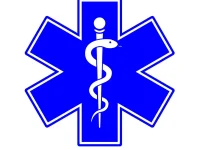

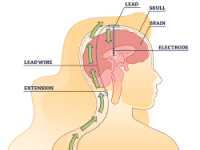
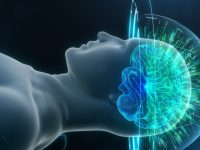

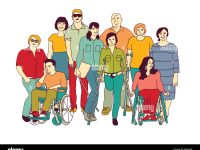

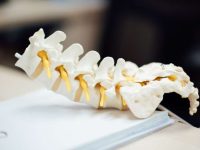
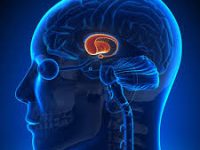
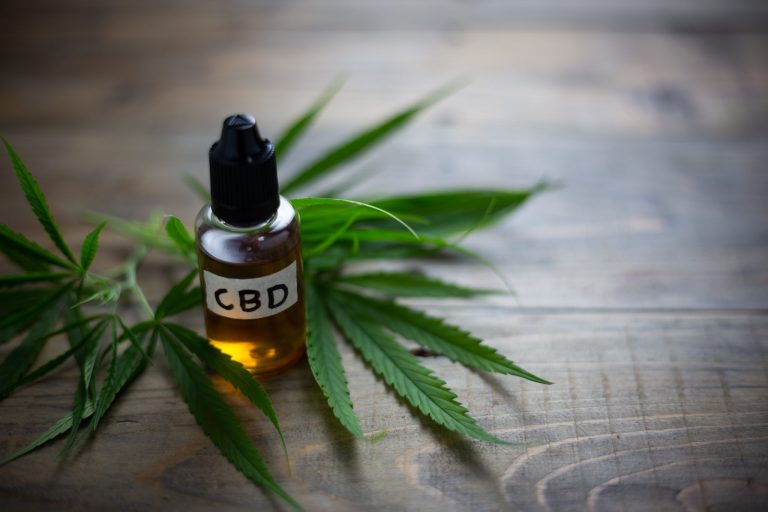
0 Comments